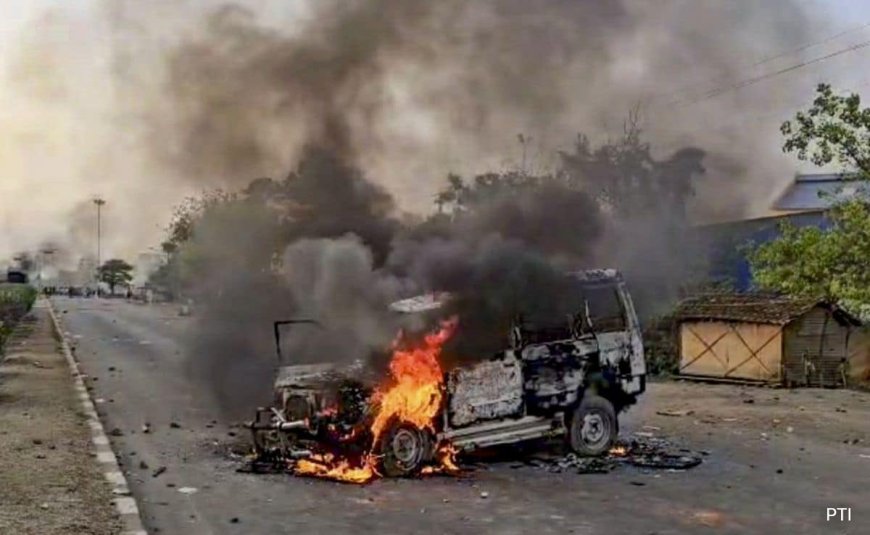Railway Tracks Blocked As Violence Breaks Out In Bengal Over Waqf Act
There was tension in at least two pockets of West Bengal on Friday afternoon following protests by members of a community against the recently promulgated Waqf Amendment Act.

Railway Tracks Blocked As Violence Breaks Out In Bengal Over Waqf Act
News by dharmyuddh.com
Introduction to the Recent Unrest
In a shocking turn of events, violence has erupted in West Bengal, leading to the blockage of railway tracks across multiple regions. The unrest is primarily connected to the contentious Waqf Act, which has sparked significant debate and disagreement among various communities. This article delves into the background of the Waqf Act, the reasons behind the outrage, and the impact of the violence on local infrastructure and everyday life.
Understanding the Waqf Act
The Waqf Act governs the administration and management of endowments in India, primarily focusing on properties dedicated for religious and charitable purposes. In West Bengal, the recent amendments and enforcement of this Act have raised concerns among different groups, leading to protests and clashes. Supporters argue that the Act ensures proper management of Waqf properties, while opponents fear it could disenfranchise certain communities.
The Outbreak of Violence
What started as a peaceful protest quickly escalated into violence as groups clashed with law enforcement. Reports indicate that protestors, frustrated with the state government's handling of the Waqf Act modifications, resorted to blocking railway tracks as a form of demonstration. This act of civil disobedience disrupted train services, affecting thousands of daily commuters and causing widespread chaos.
Impact on Daily Life and Infrastructure
The blockage of railway tracks has resulted in significant delays and cancellations of trains across the state. Commuters are facing hardships, with many stranded at railway stations for hours. The disruption also impacts the local economy, with businesses reliant on transport suffering losses. Authorities are working to restore order, but the situation remains tense as the affected communities demand their voices be heard.
Government Response
In response to the rising tensions, local government officials have urged for calm and dialogue. They are engaged in discussions with community leaders to address grievances regarding the Waqf Act. Security forces have been deployed in sensitive areas to prevent further violence, emphasizing the need for peace and cooperation among differing factions.
Conclusion
As the situation develops, the implications of the unrest over the Waqf Act will shape future discussions around religious property management in West Bengal. Citizens are left hoping for a resolution that ensures the safety and security of all communities involved. For ongoing updates on this situation, visit dharmyuddh.com.







